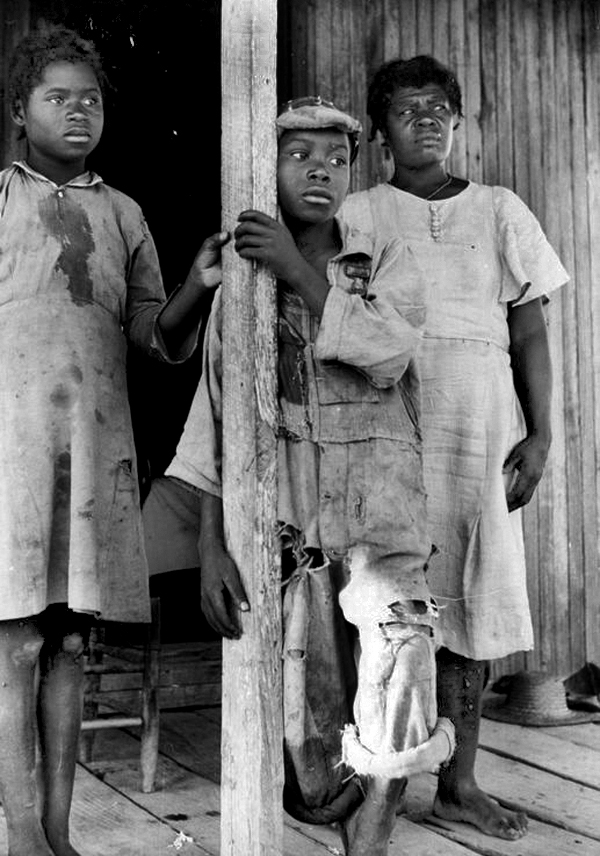
Editor’s Note: The following is Part 1 of a 4-part article.
Lonoke County, AR—Time is a term that has several different meanings. It is a term that life itself is dependent on. We have good times. We have bad times. We don’t have enough time, or in other cases we have too much time. Occasionally, we regret the time. Whether intentionally or not, we forget the time. In particular situations it is better to get past the time. Yet, we should always remember the time: to honor and cherish the time, or to be sure we don’t repeat the time.
It is believed by many in the mental health field that our bodies are equipped with a selective memory mechanism. This allows us to discard or store away the negative or distasteful experiences that we encounter in our lives. Perhaps that explains why many of us remember “the good old days.” When we walk down memory lane, we should come away with two valuable keepsakes. One is to admire and to improve on the positives. The other is to acknowledge, understand and correct the negative. To do nothing about the wrongs of the past, to pretend that they never happened, leads to a sore that festers and prevents a healing process. In the Christian religion, believers are taught that forgiveness and healing are not only possible, but required.
Most of us who are sixty years old or older can remember a time when our communities consisted of a close-knit group of people who cared for each other. It was a time when there was less strife and a greater degree of togetherness. There were communities throughout the land, especially in the South, where people in urban and rural communities exercised togetherness throughout the day.
Over fifty years ago there existed in rural Lonoke County a thriving and viable community made up largely of African Americans. These descendants of slaves possessed virtues and high standards that were passed down through generations. This highly populated area was known as the Union Valley community. The population mainly consisted of responsible people with good work ethics. An impressive number of these individuals were skilled craftsmen.
At that time blacks and whites co-existed without major conflicts. It was not unusual for the children, black and white, to openly play together. Unlike other areas of the state and country, whites in this area did not conspire to forcefully run blacks away from their homes. After all, this was cotton country and all hands were needed.
However, it was an era of segregation and the laws of the land imposed unfair and unjust sanctions against African Americans. A significant number of blacks farmed their own land while other blacks were sharecroppers on land owned by whites. Some African Americans who owned farms of one hundred sixty acres or more were Will “Doc Gooden” Lindsey, Charlie Parker, David “Coot” Brown and Julius Buckley. Perhaps the most prodigious African-American farmer of the time was Isaac “Coot” Sabb. The last names of some of the well-known white landowners are Haney, Martineau, Ball, Eagle, Kelly and Tate. (To be continued.)
